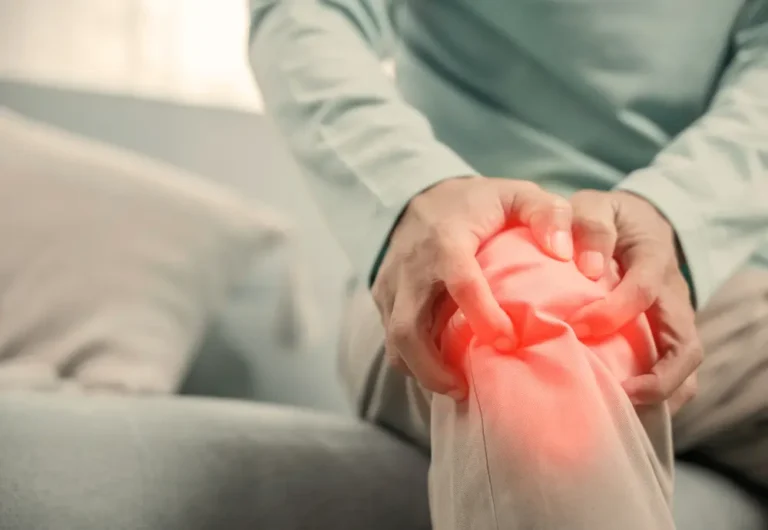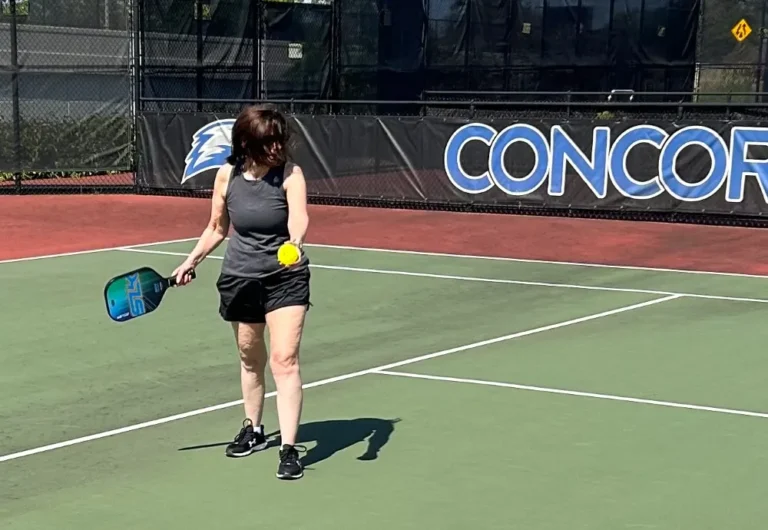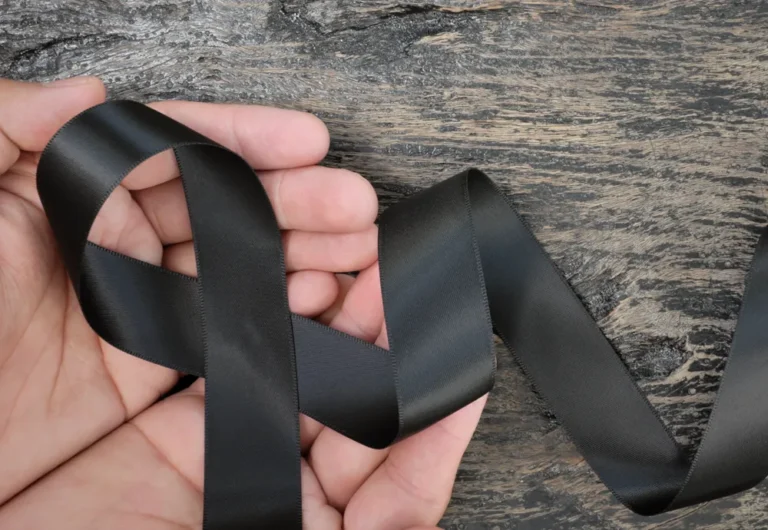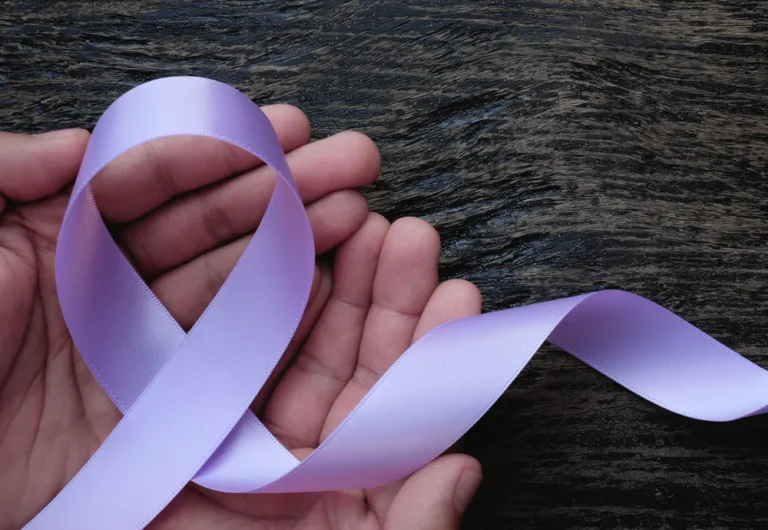Whenever I meet a new cancer patient, especially one with incurable cancer, pain always comes up in the conversation – whether they have it or not.
It’s the most commonly reported symptom of cancer, and it’s also one of the most widely feared.
Most patients with advanced stage cancer do, in fact, experience pain; 75-90% according to a 2007 cohort study conducted in the Netherlands and published in the Journal of Pain and Symptom Management. And for much of the history of cancer medicine, most of these patients suffered terribly during their illness – and many died in agony – before the importance of relieving terminal cancer pain was widely accepted. It’s little wonder that the hospice movement began first among cancer caregivers who’d borne witness to one painful death too many and rose en masse to say “enough, no more.”
Despite the strides made in the last half-century, there’s still a lingering belief out there that having cancer means unrelenting pain– but I’m happy to tell you that hasn’t been true for a long time.
In honor of Cancer Pain Awareness Month, here are a few important facts about cancer pain (some of which might surprise you):
- Cancer pain can almost always be controlled. Data from the World Health Organization shows that following simple treatment guidelines and using widely-available medications controls cancer pain over 90% of the time.
- Though narcotics are usually required to control cancer pain, addiction rates are extremely low in cancer patients – probably no higher than 4% according to several studies. That’s 5-10 times lower than the addiction rates among patients with other types of chronic pain.
- Pain relief doesn’t require that patients be “drugged out”. Pain medications can certainly cause sleepiness, for the majority of patients this is short-lived and can be counteracted by dose adjustment.
- Dying in pain is a thing of the past. With good hospice care, no one need suffer when dying.
- Using narcotics DON’T hasten death. The best evidence indicates that dying patients – even comatose ones – live longer when given narcotics to control pain.







